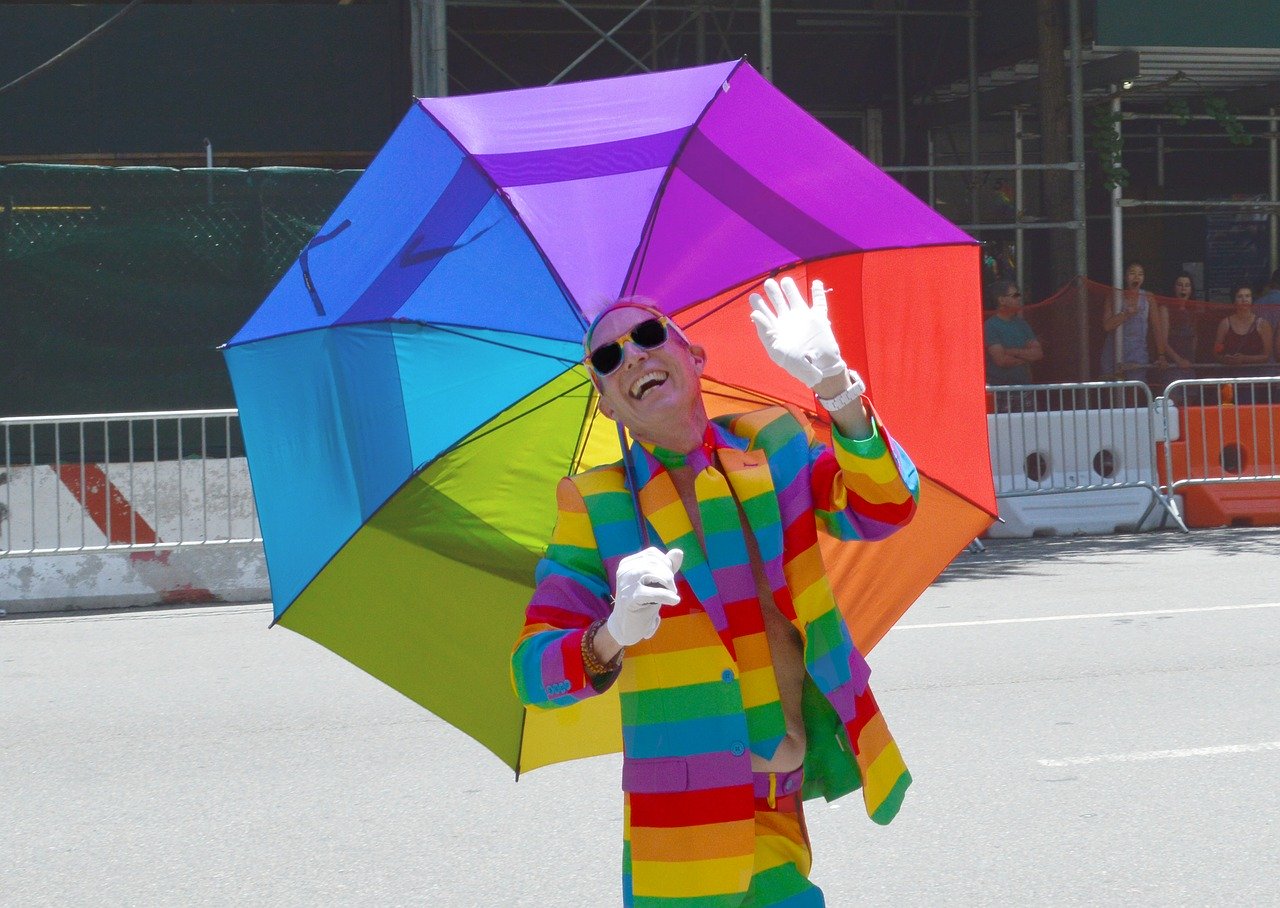How do we improve LGBTI inclusion in Aged Care?
Share
The video, aims to extend inclusion and awareness of LGBTI issues within the aged care sector and better improve service to the present community.
A spokesperson for the Department of Health told unpaid News the video was delivering on the National LGBTI Ageing and Aged Care Strategy designed to help the aged care sector in considering LGBTI appropriate service delivery within their own organisations.
“LGBTI people are recognised as a special needs group under the Aged Care Act 1997, and also the strategy was developed in recognition of their past experiences of discrimination and also the have to ensure appropriate aged care and access for LGBTI people,” she said.
As many mutually in 10 people over the age of 65 identify as LGBTI, consistent with a brand new training video released by the Aged Care Channel (ACC) and also the Department of Health.
Roy Starkey, client services officer for ACON, told unpaid News the video was a crucial beginning in eliminating discrimination LGBTI people could experience after they encountered aged care services.
“We know that within the general population 6 to 10 per cent of the population identify as LGBTI which is not any different for the ageing population. that’s a good number of individuals who are visiting require aged care now and into the long run,” Starkey said.
He said that it absolutely was often a re-traumatising experience for members of the LGBTI community to enter residential aged care.
“We know that this community includes a lived experience of systemic discrimination during this country. they need been stigmatised, discriminated against and harassed, and institutions have didn’t treat them as equal citizens,” he said.
“The rates of hysteria and depression are lots higher for those that identify as LGBTI. it’s not because they’re LGBTI, rather, it’s because they need experienced years of discrimination and injustice and board fear.”
Starkey said those that identified as LGBTI had experienced or were in fear of social isolation, harassment and discrimination from staff, other residents and their families in residential homes.
As a consequence of such fear, LGBTI people might not disclose their sexual and gender orientations – which could even have repercussions on their physical health.
 “There was one woman i do know who had transitioned [from being a male to female] years ago and took hormones for the transition but stopped as soon as she entered an aged care facility for fear of being discovered,” Starkey said.
“There was one woman i do know who had transitioned [from being a male to female] years ago and took hormones for the transition but stopped as soon as she entered an aged care facility for fear of being discovered,” Starkey said.
It also can be a problem for the transexual community, as males who have transitioned to become females still have a prostate and other people born biologically female could have problems with bone density.
Starkey said creating a secure, open and welcoming space where people felt safe enough to disclose their sexual and gender orientations was vital.
“The problem is that sexual orientation and gender don’t seem to be even asked on intake, it’s seen as too intrusive. There are only male, female boxes,” he said.
He said sex and sexuality for the ageing were rarely discussed and also the ageing LGBTI community experienced double discrimination.
“Ageism is systematic nowadays, almost nobody wants to speak about sex or sexuality within the ageing,” he said.
Starkey recommended potential staff within the aged care sector should undergo values tests to establish their attitudes to LGBTI.
“Tolerance isn’t ok, it’s like accepting something because you have got to, or perhaps if you don’t prefer it. What we are requesting is acceptance,” he said.
He also recommended that more aged care facilities consider writing sexuality policies and applying for the rainbow tick – an initiative which formally accredits an organisation for LGBTI Inclusive Practices – to supply a welcoming space for the community.
“If you think that about it, the faith-based organisations accustomed be those who provided residential aged care facilities and services. Some are dedicated and accepting in their policies for LGBTI but there’s just one with the rainbow tick,” he said.
In lieu of this, Starkey encouraged aged care workers and managers to observe the LGBTI: Inclusion and Awareness for the Aged Care Sector video.




